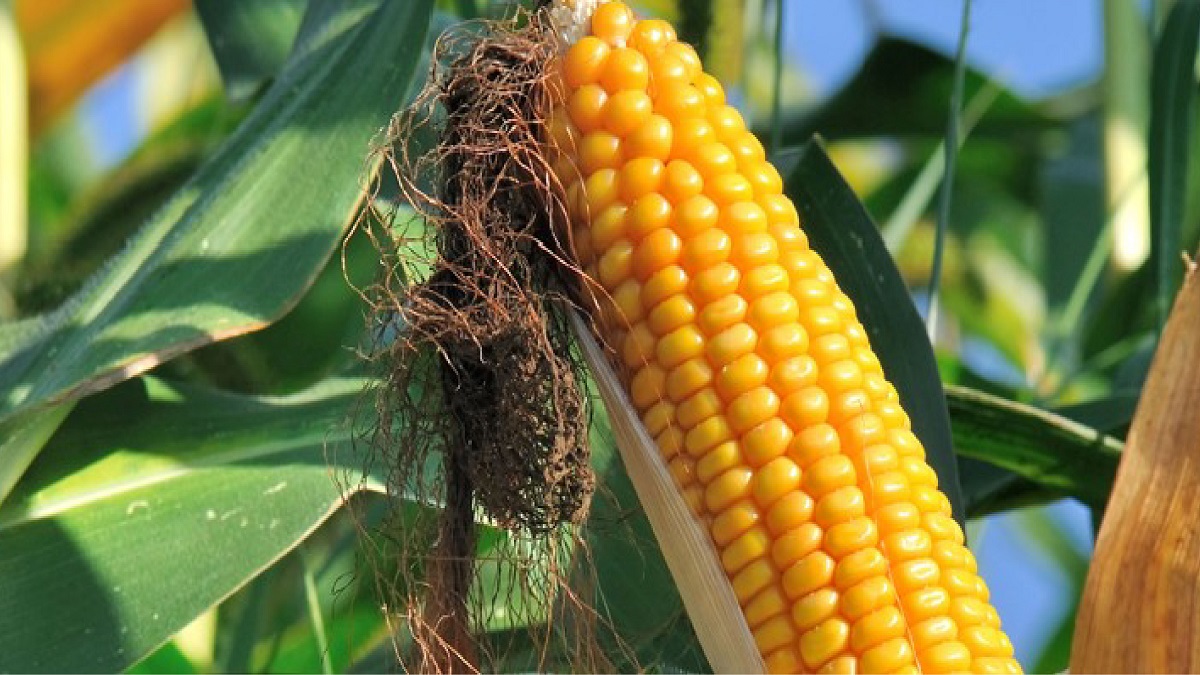The objective of this national virtual workshop is to contribute to policy discussions with the different stakeholders from the public and private sectors, International Organizations and others in order to strengthen the maize value chain for export in Lao People's Democratic Republic, including its integration into regional value chains.
In Lao People's Democratic Republic, the project has analysed the maize value chain for export, using tailored survey data obtained from six districts (Beng, Houne, Kenethao, Parklai, Kham and Nong Het) in three maize-producing provinces (Oudomxay, Xayaboury, Xiengkhuang.
First, the study identified and analysed the different roles played by three main stakeholders in the maize value chain: farmers producing maize, small traders aggregating and carrying out basic processing, and larger traders doing further processing and exporting.
Second, the study analysed the relationships between farmers and traders. In this regard, the analysis highlighted the role of traders in the provision of farmer finance, where bargaining power and “relational capital” appear to be especially important.
Third, the study empirically explored the relationship between selected stakeholder characteristics and maize prices. Controlling for geographical location, the study found a positive and statistically significant relationship between farmer maize sale prices and whether they sell maize in grain (versus cob) form, cooperative membership, ownership of storage, and duration of maize storage; and a negative relationship between prices and whether a farmer receives trader-supplied inputs. Similarly, the study found a statistically significant positive relationship between trader size (measured as the quantity of maize traded in a year) and maize price margins, sales prices, and purchase prices. These correlations were found controlling for the form of maize bought, the geographic location of traders and whether traders are engaged in external trade.
On the basis of the findings of this empirical-based study, a series of policy implications for improving the functioning of the chain and increasing benefits to stakeholders were identified. These focus on improving information availability, enhancing farmer and trader access to finance, and potential measures to foster smallholder farmers’ earnings.
During the workshop, the empirical and analytical findings of the project will be presented, regarding the functioning of the downstream maize value chain in Lao People's Democratic Republic, and we will discuss possible ways in which the current and future policy framework in Lao People's Democratic Republic can be strengthened in order to contribute to public policy formulation in the sector at the national and sub-national levels.
This workshop is co-organized with the Department of Trade Promotion, Ministry of Industry and Commerce of Lao People's Democratic Republic. We thank for their support the United Nations Resident Coordinator Office in Lao People's Democratic Republic and the United Nations Development Programme (UNDP) in Lao People's Democratic Republic.

